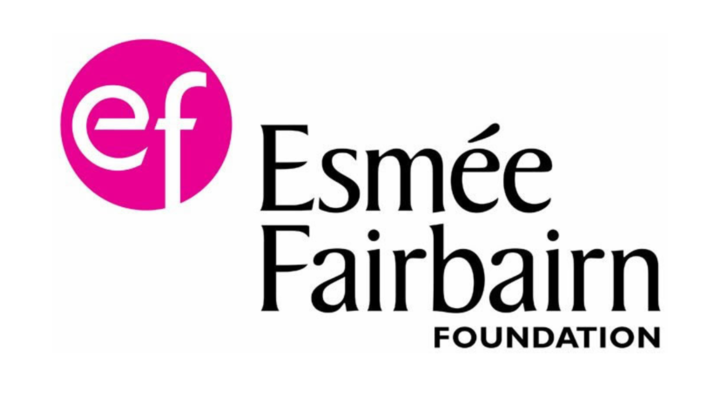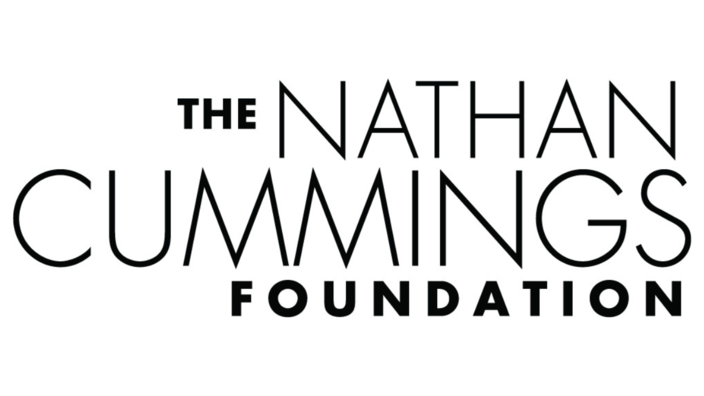European foundations hold assets and endowments of 511 billion EUR (Philea 2021). Whereas most of this money is invested in global financial markets, a smaller share of 60 billion EUR is spent on grants that foster the foundations’ missions.
Funders predominantly invest their endowment in financial markets to generate revenue for grants and operations. In doing, so they also invest in “small pieces of global capitalism”.[1] They influence financial markets and, often, support businesses with objectives that run contrary to the objectives of their grantees.
Instead, being more strategic about the use of Capital means to use a greater share of a foundation’s assets to pursue its mission. Capital is not a way to financially support grantees, but it is a strategy to achieve a foundation’s mission through the major share of its assets.
KEY INSIGHTS
- Funders who align their investment portfolio with the envisioned impact of their grants achieve two goals at once: generate revenue and foster their mission. For climate funders this means to shift investments away from CO2 polluters to companies that develop solutions to the climate crisis. Resources such as the Climate Action 100+ database help to identify the companies with the largest greenhouse gas emissions worldwide. Funders can user their Capital in particular to bridge the "innovation gap" (Braemer 2015), investing in technologies and business models that are crucial to tackle climate change but cannot yet compete in profit-oriented financial markets. Platforms like the Prime Coalition can help in identifying opportunities.
- Funders can use their Capital to acquire large shares of companies. As a result, they can influence corporate decisions towards more climate-friendly practices. One way is to vote in shareholder meetings, another one is to start shareholder resolutions. These can push companies to account for their impact on climate change (Braverman 2018). Even where these strategies do not result in immediate changes to business practices, they help to hold companies to account and can build public pressure (ShareAction 2022).
- Sustainable investing without curtailing revenue is possible. Many case studies show that the inclusion of environmental, social and governance aspects (ESG) in a portfolio does not necessarily reduce returns (Müller et al. 2018). Moreover, the recent court case Butler-Sloss v Charity Commission in the UK illustrates that a responsible investment approach – defined as the inclusion of ESG factors in investment decisions – is compatible with the fiduciary duty of funders. Thus, foundations are being given the authority to weigh financial return considerations against possible conflicts with their charitable purposes (Impact Investing Institute 2022).
[1] This is how Lily Tomson from ShareAction expresses this mechanism in Active Philanthropy’s online course “Climate + Philanthropy: A Compact Learning Journey”.



